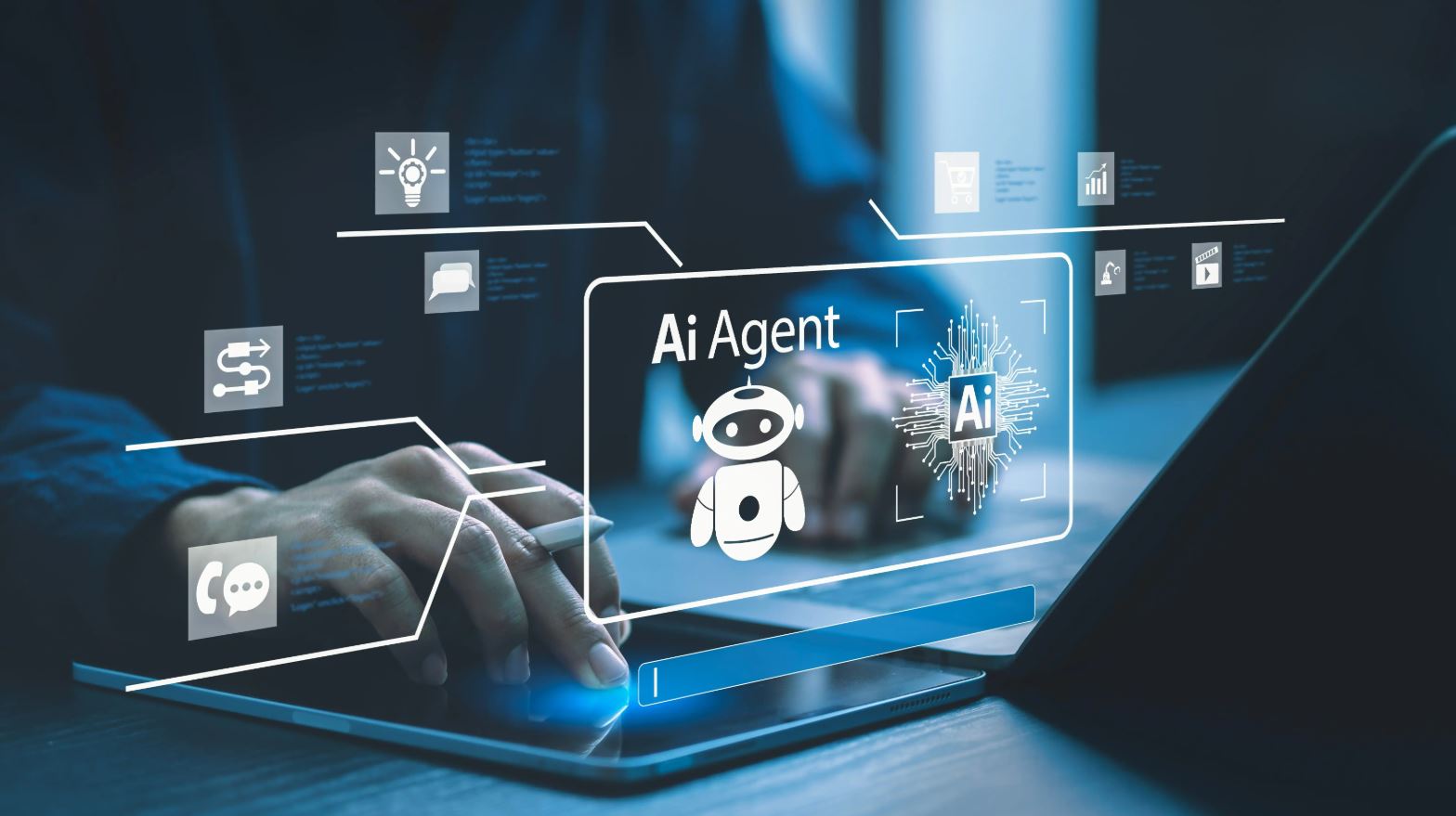 AI agents are quickly becoming key players in the workplace, and it’s important for us to understand how they can both challenge and enhance our professional lives. Unlike the chatbots of the past, these AI agents are capable of handling complex tasks on their own. They can interact with various systems, even generating their own code, which marks a significant leap in their potential applications.
AI agents are quickly becoming key players in the workplace, and it’s important for us to understand how they can both challenge and enhance our professional lives. Unlike the chatbots of the past, these AI agents are capable of handling complex tasks on their own. They can interact with various systems, even generating their own code, which marks a significant leap in their potential applications.
These advancements are driven by the same technology behind generative AI, allowing AI agents to manage complex, multi-step processes with minimal human help. They can take on tasks like online shopping, web design, and even create custom tools by writing and deploying code. This technological leap offers both opportunities and challenges in the workplace. While some worry about job displacement, others see an opportunity to boost productivity and tackle important issues.
AI agents are set to change the way we perform daily tasks and shape our long-term career paths by automating routine jobs. Companies like Microsoft are already envisioning AI agents handling tasks such as processing returns, reviewing invoices, and updating field workers. This trend isn’t limited to Microsoft; companies like OpenAI, Amazon, and Google are also developing platforms to integrate AI agents into business operations. Their combined efforts suggest a future where mundane job elements are managed by intelligent assistants.
Beyond automating tasks, AI agents promise to transform data-driven decision-making. They can automate systems to raise alerts, spot anomalies, and optimize processes, taking on roles traditionally held by humans. For instance, a generative AI could create a marketing strategy based on business analysis and current trends. An AI agent could then execute the campaign, working with advertising platforms, social media, and email marketing tools, while continuously improving its approach based on feedback.
However, the integration of AI agents brings ethical considerations to the forefront. Trust in augmented decision-making is crucial, ensuring decisions benefit both society and businesses ethically and effectively. The presence of AI co-workers is becoming more pronounced across industries, from distribution centers to office environments. Despite initial apprehensions, as seen when an AI HR software company retracted plans to treat AI agents like human employees, the integration of virtual employees is on the rise.
These AI entities can enhance operations, from autonomous agricultural machinery to technical support systems that learn and adapt with each interaction. The ultimate benefit of AI agents lies in their ability to free humans from repetitive tasks, allowing us to focus on high-value work. Teachers, for instance, can spend more time engaging with students, while customer service agents can deepen client relationships. Managers can prioritize strategic planning and innovation over administrative duties.
As AI agents take on technical roles, human skills that machines can’t replicate become increasingly valuable. Emotional intelligence, creativity, and leadership remain critical differentiators in the workforce. Understanding the ethical implications of AI is vital as companies navigate this new landscape. Reports indicate a lack of comprehensive AI usage policies in many workplaces, highlighting the need for accountability and proactive management of AI’s potential risks.
For professionals, adapting to the arrival of AI agents is essential. Understanding their impact on personal careers and industries is the first step. Exploring available tools and platforms from AI developers can empower individuals to harness AI benefits rather than face redundancy. Embracing AI agents responsibly will be key to thriving in the future workplace.








